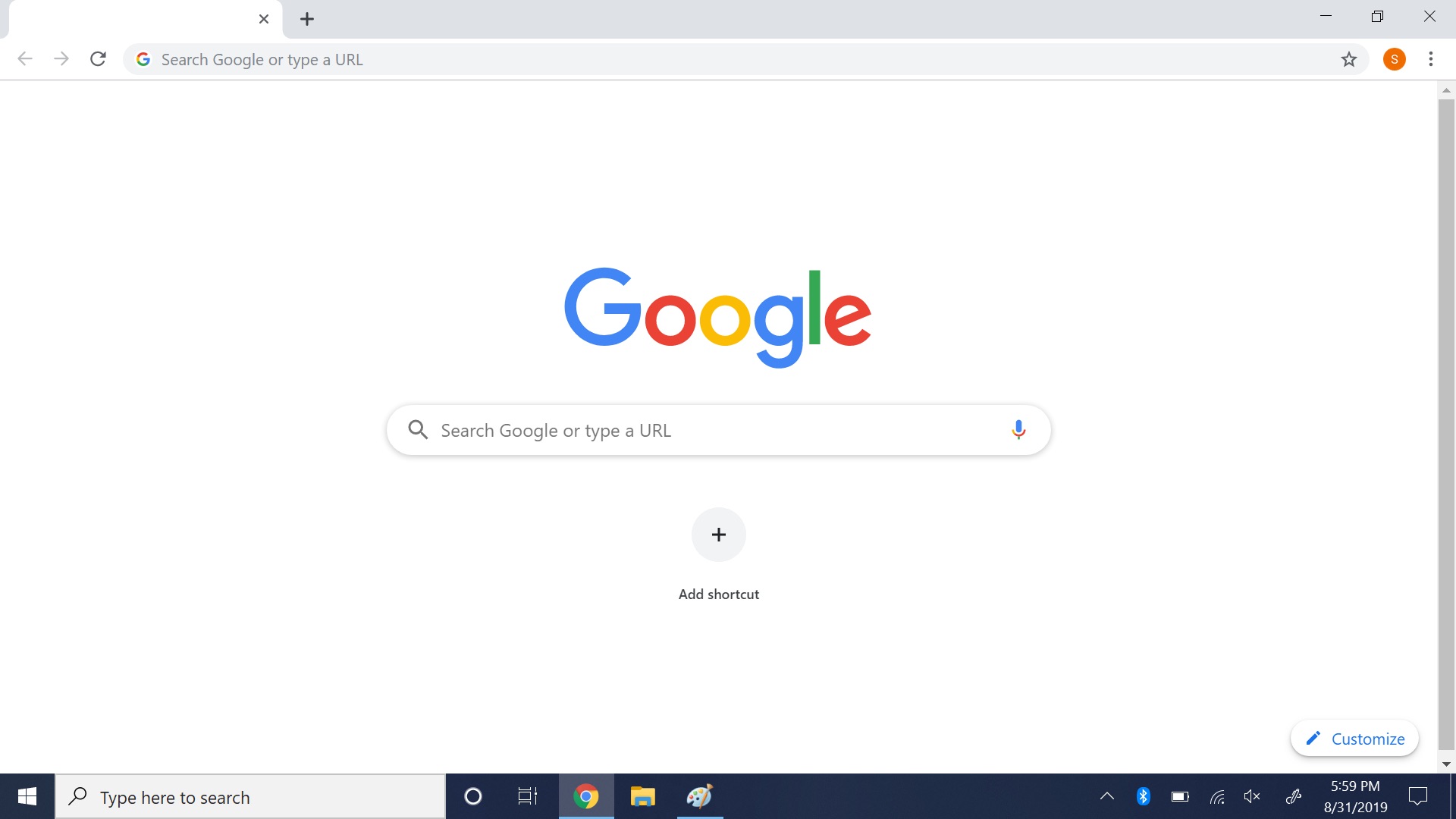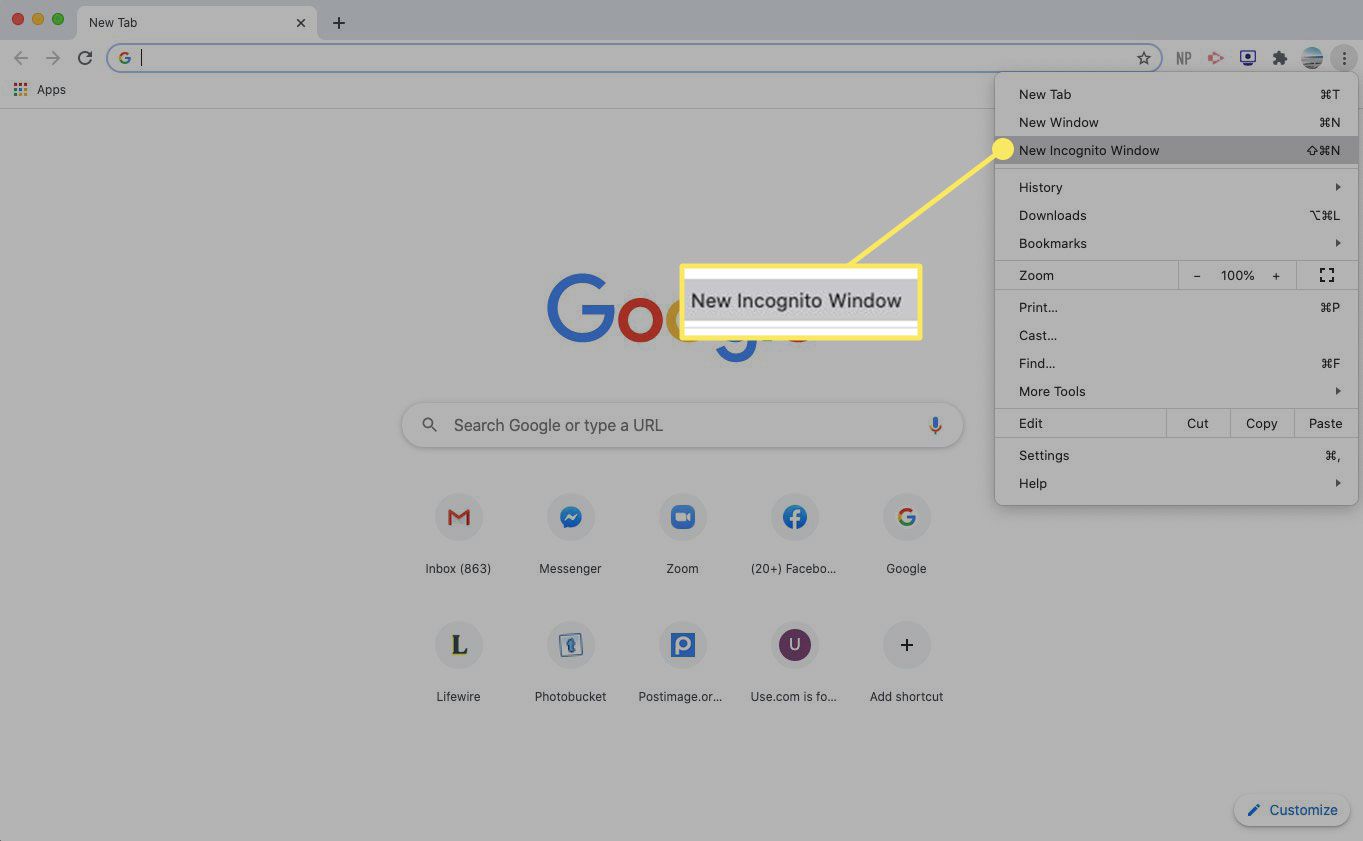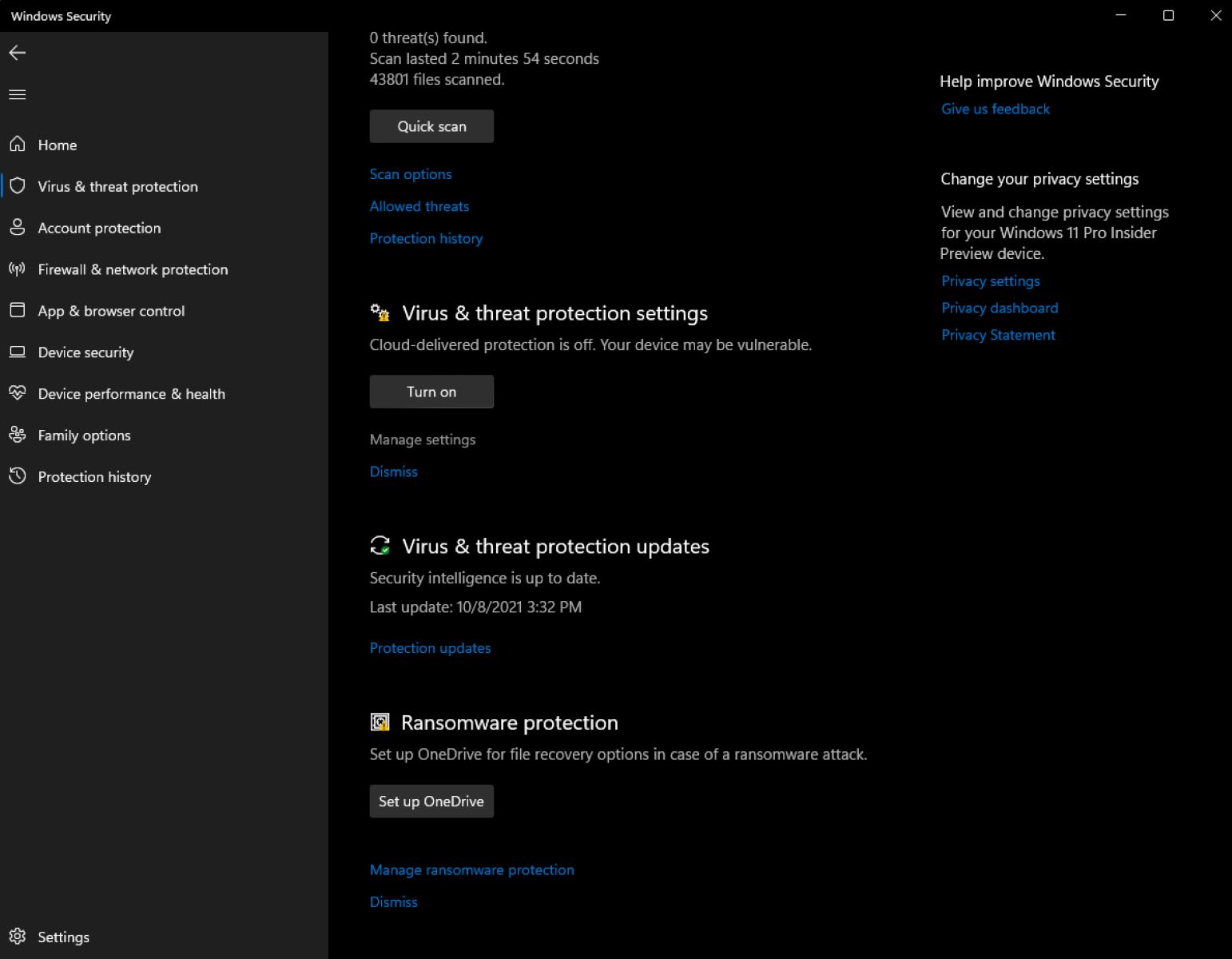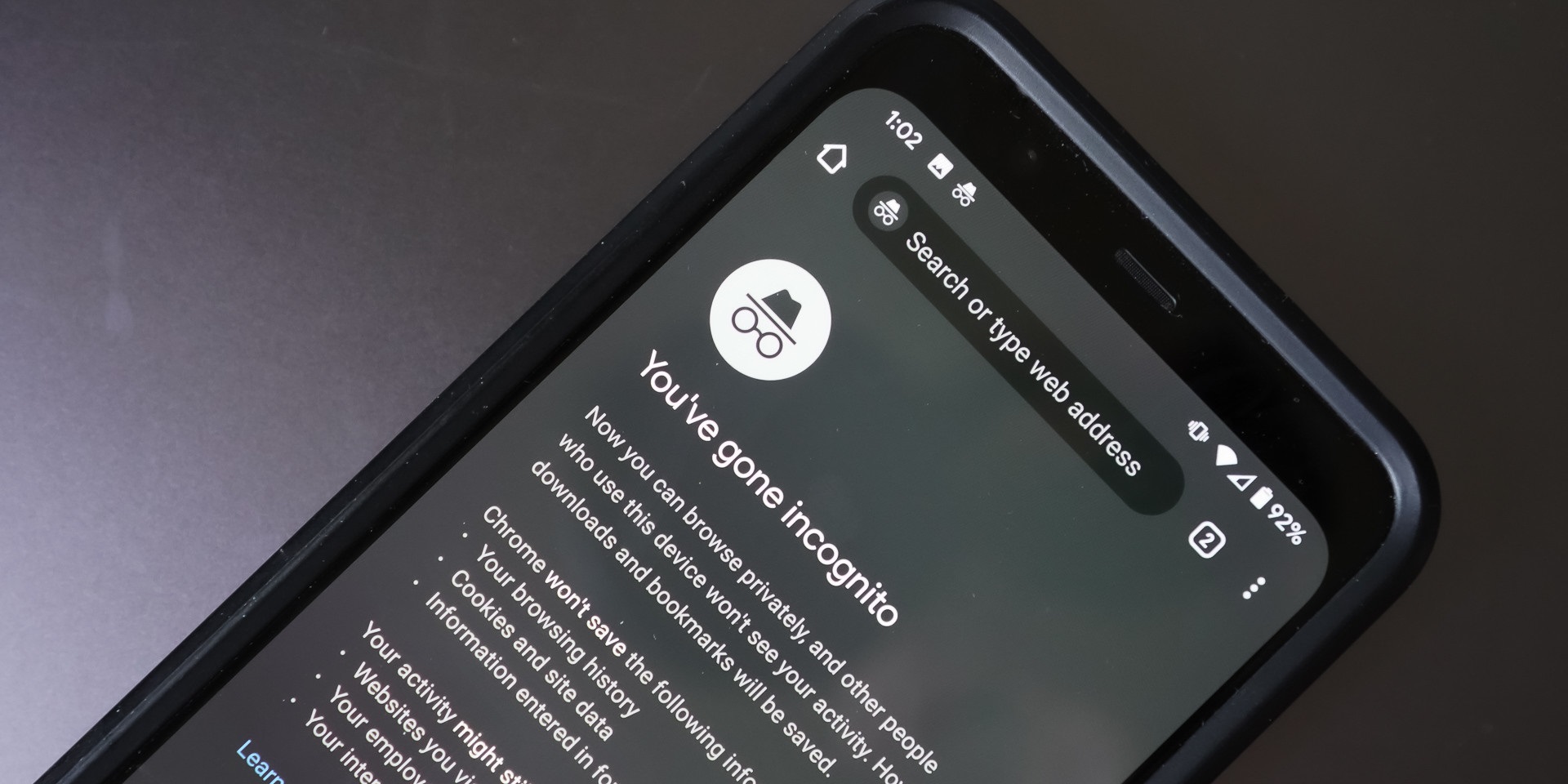Common Reasons for Chrome Closing Unexpectedly
-
Excessive Browser Extensions: Chrome's performance can be affected by an excessive number of browser extensions. When too many extensions are installed, they can conflict with each other, leading to instability and unexpected closures.
-
Outdated Browser Version: Running an outdated version of Chrome can result in unexpected closures. It's crucial to regularly update the browser to ensure compatibility with the latest web technologies and to patch any known bugs or vulnerabilities.
-
Insufficient System Resources: If your device has limited RAM or processing power, Chrome may struggle to run smoothly, leading to sudden closures. Resource-intensive websites and multiple open tabs can exacerbate this issue.
-
Corrupted User Profile: A corrupted user profile can cause Chrome to close unexpectedly. This can occur due to various reasons, such as software conflicts, abrupt system shutdowns, or malware infections.
-
Malicious Software: Malware or adware can interfere with Chrome's normal operation, causing it to close unexpectedly. These unwanted programs may inject malicious code into the browser, leading to instability and frequent closures.
-
Hardware Acceleration Issues: Chrome's hardware acceleration feature, designed to enhance browsing performance, can sometimes lead to unexpected closures, especially on systems with incompatible graphics drivers or hardware.
-
Conflicting Software: Certain third-party software, such as antivirus programs or system utilities, can conflict with Chrome, resulting in unexpected closures. This can occur due to compatibility issues or conflicting system permissions.
-
Overloaded Cache and Cookies: A large accumulation of cache and cookies can impact Chrome's stability, potentially leading to unexpected closures. Clearing these temporary files can often resolve this issue.
Understanding these common reasons for Chrome closing unexpectedly can help users troubleshoot and address the underlying issues, leading to a more stable and reliable browsing experience.
How to Troubleshoot Chrome Closing Issues
When faced with the frustration of Chrome unexpectedly closing, it's essential to employ effective troubleshooting techniques to identify and resolve the underlying issues. By following these steps, users can regain stability and prevent further disruptions to their browsing experience.
1. Disable or Remove Browser Extensions
- Start by disabling or removing unnecessary or suspicious browser extensions. Navigate to Chrome's extension management page by entering "chrome://extensions/" in the address bar. Disable extensions one by one and test Chrome's stability after each change. This process can help identify problematic extensions causing the unexpected closures.
2. Update Chrome to the Latest Version
- Ensure that Chrome is running the latest version by accessing the browser's settings and selecting "About Chrome." If an update is available, Chrome will automatically download and install it. Running the latest version can resolve known bugs and vulnerabilities that may be contributing to the unexpected closures.
3. Check System Resource Usage
- Monitor system resource usage while Chrome is running. Task Manager (Ctrl + Shift + Esc) on Windows or Activity Monitor on macOS can provide insights into CPU, memory, and network usage. High resource consumption may indicate that Chrome is overloading the system, leading to unexpected closures.
4. Create a New User Profile
- If the issue persists, create a new user profile in Chrome to rule out profile corruption. Access Chrome's settings, navigate to "People," and select "Add person." Test the browser's stability using the new profile to determine if the unexpected closures are related to a corrupted user profile.
5. Scan for Malware and Adware
- Perform a thorough scan for malware and adware using reputable antivirus or anti-malware software. These unwanted programs can interfere with Chrome's operation, leading to unexpected closures. Removing any detected threats can restore the browser's stability.
6. Disable Hardware Acceleration
- Temporarily disable hardware acceleration in Chrome's settings to determine if it's contributing to the unexpected closures. Access Chrome's settings, click on "Advanced," and under the "System" section, toggle off "Use hardware acceleration when available."
7. Check for Conflicting Software
- Identify and address any conflicting third-party software that may be impacting Chrome's stability. Temporarily disable or uninstall antivirus programs, system utilities, or recently installed software to determine if they are contributing to the unexpected closures.
8. Clear Cache and Cookies
- Clearing Chrome's cache and cookies can resolve issues related to an overloaded cache. Access Chrome's settings, navigate to "Privacy and security," and click on "Clear browsing data." Select "Cached images and files" and "Cookies and other site data," then click "Clear data."
By systematically troubleshooting Chrome closing issues using these methods, users can pinpoint and address the root causes, ultimately restoring the browser's stability and ensuring a seamless browsing experience.
Tips for Preventing Chrome from Closing Unexpectedly
Preventing Chrome from closing unexpectedly involves proactive measures and ongoing maintenance to ensure a stable browsing environment. By implementing the following tips, users can minimize the likelihood of encountering sudden browser closures and enjoy a seamless online experience.
1. Manage Browser Extensions Wisely
Carefully evaluate the necessity of each browser extension and limit the installation of unnecessary or redundant ones. Periodically review and declutter the extensions to prevent conflicts and excessive resource consumption, which can contribute to unexpected closures.
2. Regularly Update Chrome
Stay vigilant about keeping Chrome up to date with the latest releases. Regular updates not only introduce new features and security enhancements but also address known issues and bugs that could lead to unexpected closures. Enabling automatic updates can streamline this process and ensure that the browser remains optimized.
3. Monitor System Resources
Keep an eye on system resource usage, especially when running Chrome with multiple tabs or resource-intensive websites. Task Manager or Activity Monitor can provide valuable insights into CPU, memory, and network usage, helping users identify potential resource bottlenecks that may trigger unexpected closures.
4. Exercise Caution with Downloads
Exercise caution when downloading files from the internet to minimize the risk of inadvertently introducing malware or adware that could compromise Chrome's stability. Utilize reputable sources for downloads and consider implementing additional security measures, such as scanning downloaded files with antivirus software before opening them.
5. Implement Safe Browsing Practices
Adopt safe browsing habits to reduce the likelihood of encountering malicious websites or phishing attempts that could compromise Chrome's stability. Avoid clicking on suspicious links, be cautious when entering personal information online, and consider using Chrome's built-in security features, such as Safe Browsing, to enhance protection.
6. Regularly Clear Cache and Cookies
Frequently clearing Chrome's cache and cookies can prevent the accumulation of temporary data that may impact the browser's performance and lead to unexpected closures. This maintenance task can be easily performed through Chrome's settings, helping to keep the browser running smoothly.
7. Utilize Sync and Cloud Services
Leverage Chrome's sync and cloud services to back up browsing data, including bookmarks, history, and settings. In the event of unexpected closures or system issues, having synchronized data can facilitate a seamless transition to another device or a reinstallation of Chrome without losing important information.
8. Maintain System Security
Maintain a secure computing environment by regularly updating the operating system, using reputable antivirus software, and practicing good cybersecurity hygiene. A well-protected system can mitigate the risk of malware or other security threats that may impact Chrome's stability.
By incorporating these proactive measures into their browsing habits and system maintenance routines, users can significantly reduce the likelihood of Chrome closing unexpectedly, ensuring a more reliable and uninterrupted browsing experience.

























